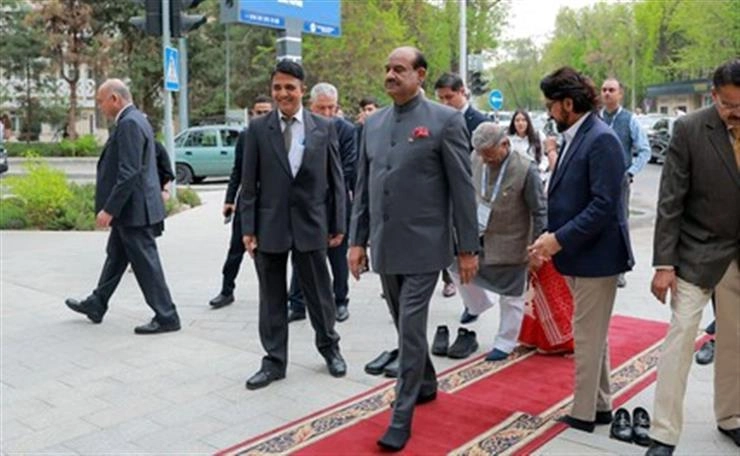In the landscape of international relations, the concept of non-alignment has historically served as a strategic approach for nations seeking to navigate the complexities of global power dynamics. Notably, India, a key player in the non-aligned movement, has often championed the idea of maintaining a neutral stance amidst the competing interests of major powers. This context becomes particularly relevant when considering the advice given by JPMorgan’s CEO to former President Donald Trump regarding engagement with non-aligned nations. The CEO’s insights underscore the importance of recognizing the shifting geopolitical landscape, where countries like India hold significant influence due to their unique positions.
The CEO emphasized that non-aligned nations possess the potential to act as bridge-builders in global affairs, facilitating dialogue and cooperation between rival powers. By fostering relationships with these countries, the United States can enhance its diplomatic outreach and create opportunities for collaboration on pressing global issues, ranging from trade to climate change. The advice suggests that a more nuanced understanding of non-aligned nations could yield substantial dividends for U.S. foreign policy, allowing for a more balanced approach that respects the sovereignty and aspirations of diverse nations.
Furthermore, the CEO pointed out that engaging with non-aligned countries like India can also provide economic advantages. These nations often serve as emerging markets with vast potential for investment and trade. By prioritizing relationships with such countries, the U.S. could tap into new economic opportunities and strengthen its global standing in an increasingly multipolar world. The emphasis on economic collaboration reflects a broader trend toward recognizing the interconnectedness of global economies and the need for strategic partnerships that transcend traditional alliances.
In conclusion, the advice from JPMorgan’s CEO to Donald Trump highlights the strategic significance of non-aligned nations in the current geopolitical climate. By cultivating relationships with countries like India, the U.S. can not only advance its diplomatic objectives but also unlock economic potential that benefits both parties involved. As the world continues to evolve, the importance of understanding and engaging with non-aligned nations will be paramount for any nation seeking to navigate the complexities of international relations effectively. The insights shared serve as a reminder that diplomacy is not solely about power but also about building bridges and fostering mutual respect among diverse nations.




